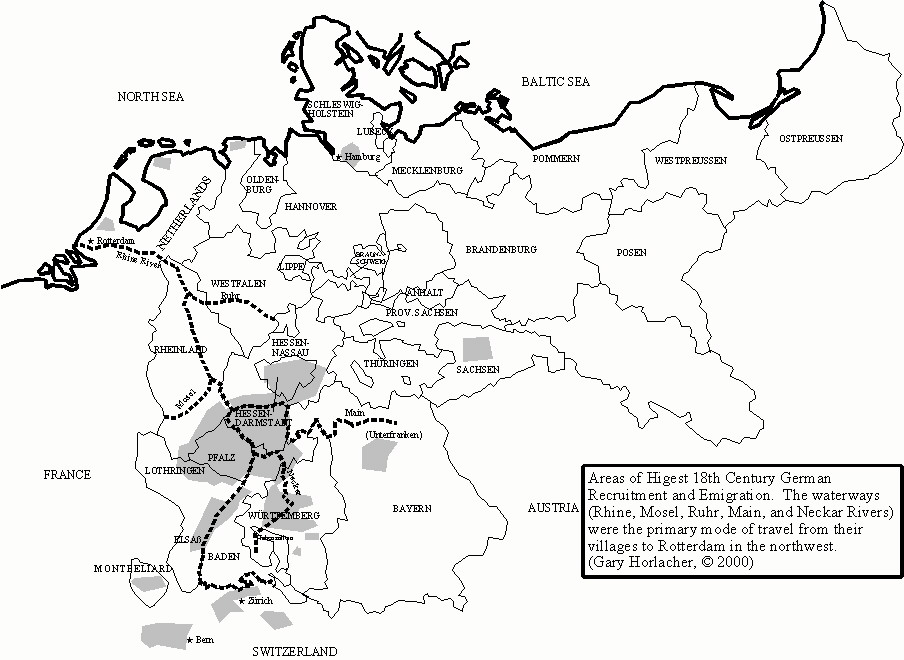
Pennsylvania - ca. 350,000 (and 112 Polish settlements, and 85 Polish churches)
New York - ca. 340,000 (and 90 Polish settlements, and 46 Polish churches)
Illinois - ca. 300,000 (and 56 Polish settlements, and 49 Polish churches)
New England (3 states listed below) - ca. 160,000 (and 70 Polish settlements, and 30 Polish churches):
*** Massachussetts - ca. 100,000
*** Connecticut - ca. 50,000
*** Rhode Island - ca. 10,000
Wisconsin - ca. 150,000 (and 101 Polish settlements, and 76 Polish churches)
Michigan - ca. 140,000 (and 73 Polish settlements, and 48 Polish churches)
Minnesota - ca. 80,000 (and 60 Polish settlements, and 47 Polish churches)
Ohio - ca. 80,000 (and 30 Polish settlements, and 15 Polish churches)
New Jersey - ca. 70,000 (and 30 Polish settlements, and 16 Polish churches)
Indiana - ca. 33,800 (and 39 Polish settlements, and 18 Polish churches)
Nebraska - ca. 29,000 (and 29 Polish settlements, and 20 Polish churches)
Missouri - ca. 28,700 (and 12 Polish settlements, and 11 Polish churches)
Maryland - ca. 25,700
Texas - ca. 19,750 (and 34 Polish settlements, and 30 Polish churches)
North Dakota - ca. 16,600 (and 11 Polish settlements and 5 Polish churches)
South Dakota - ca. 9,950
Delaware - ca. 8,000
Kansas - ca. 8,000
California - ca. 6,000
New Hampshire - ca. 5,000
Arkansas - ca. 5,000
All other states - ca. 50,000
GRAND TOTAL:
Around 1.9 - 2.0 million (out of total U.S. population of ca. 76 million) and 810 Polish settlements, and 517 Polish churches.
Some additional note:
"Polish settlements" were settlements which were mostly Polish, or had some Polish district, or some large Polish community.
Apart from living in Polish communities in such settlements, many Polish families also lived dispersed all over other places.
So not all of those 1.9 - 2.0 million in year 1900 lived in those 810 settlements. Some of them lived in other places.







